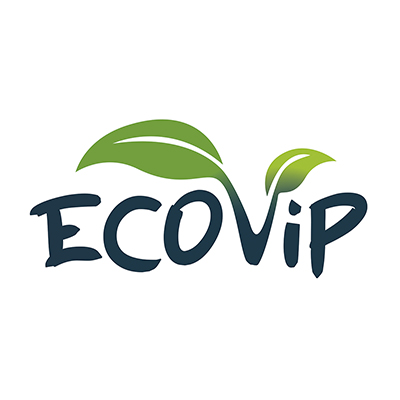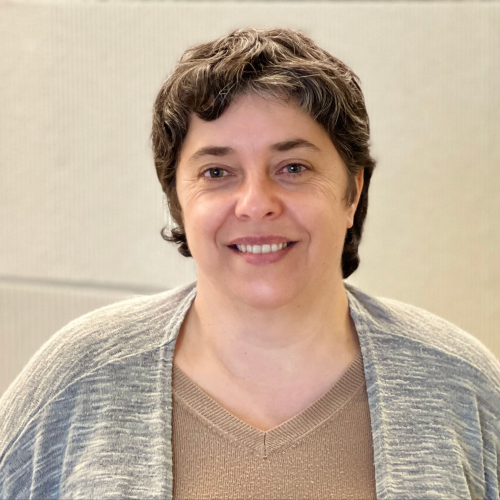Fostering Innovation and Entrepreneurship in Ecotourism to support sustainable development in Vietnam and the Philippines
- Acronym: ECOVIP
- Project Title: Fostering Innovation and Entrepreneurship in Ecotourism to support sustainable development in Vietnam and the Philippines
- Project Reference: 101083287
- Funding Programme: ERASMUS +
- Key Action: Partnerships for cooperation and exchanges of practices
- Action Type: Capacity Building in higher education
- Coordination: TRUONG DAI HOC NHA TRANG
- Project’s Total Funding: 796.054,32 €
- Start Date: 01/05/2023
- End Date: 30/04/2026

Summary
The project is fully aligned with the priorities of the Erasmus CBHE programme to improve the quality of higher education and enhance its relevance for the labour market, improving the level of competences, skills and employability potential of HEI students and stimulating the cooperation between institutions and the exchange of good practices. The initiative is also aligned with both countries’ priorities to improve the employability and entrepreneurship potential of their graduates and boost the Tourism sector (in particular through the fostering of more sustainable Tourism initiatives) which has been highly impacted by the Covid-19 pandemic.
Thus, ECOViP specifically aims to:
- Promote the development of innovative interdisciplinary entrepreneurial Ecotourism projects by HEI students, in cooperation with the business sector.
- Develop a roadmap for the improvement of the education programmes in Tourism in cooperation with the business sector, to increase the employability of graduates.
Other Researchers
Partners
- Nha Trang University, Vietnam
- Can Tho University, Vietnam
- Thai Nguyen University of Science, Vietnam
- Department of Tourism of Khanh Hoa Province, Vietnam
- Lyceum of the Philippines University – Batangas INC, the Philippines
- Polytechnic University of the Philippines, the Philippines
- University of San Carlos, the Philippines
- Bojo Aloguinsan Ecotourism Association, the Philippines
- University Portucalense, Portugal
- University of Alicante, Spain
- FH Joanneum, Austria
Links






